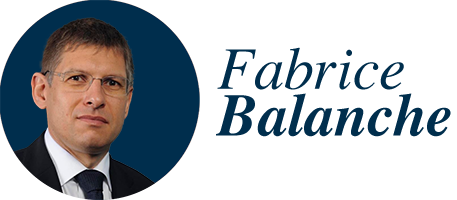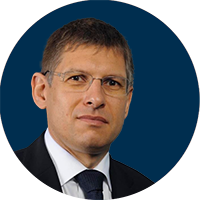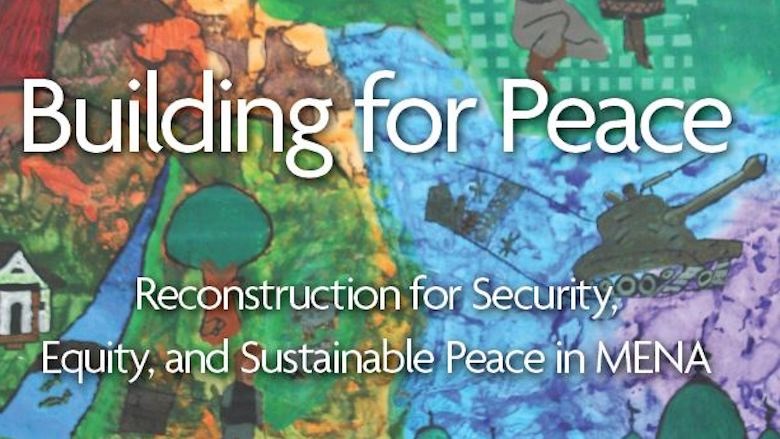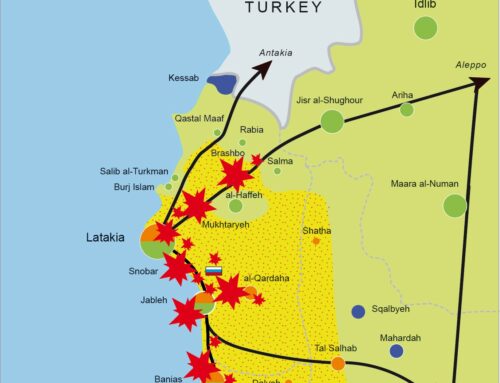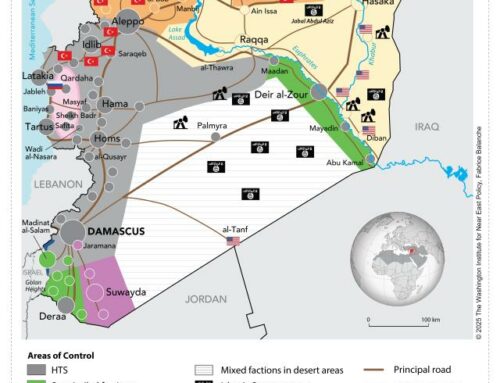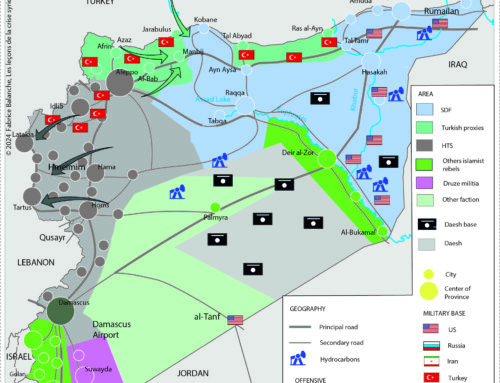In 2018, the World Bank in cooperation with GIZ (German cooperation) launched an applied research program on reconstruction in countries affected by conflict in North Africa and the Middle East (Syria, Iraq, Yemen and Libya). The objective of this research program is to determine the causes of these conflicts and to reflect on an integrated approach to reconstruction. It is a question of approaching the reconstruction, not only in its technical aspects but its human and spatial dimensions. The research work resulted in the production of a book intended to serve as a basis for guiding the actions of donors.
As part of this program, I was specifically responsible for working on the role of local communities in conflict and reconstruction in the four countries concerned. Through the compilation of cartographic, quantitative and qualitative data in a Geographic Information System, I showed that the intensity of the conflicts was the strongest where the local communities were marginalized by the centralities (political and economic) but also where ties between communities were weak or non-existent. The conflicts have accentuated these cleavages, they have created new political and economic centralities within the States, but also outside the States since foreign interventions build new links with local communities, bypassing the national level. This is a new dimension that must be taken into account in reconstruction.
Fabrice Balanche : “Local Community and Reconstruction: Iraq, Syria, Yemen, and Libya”, Building for Peace in MENA, World Bank, Washington, 2019.
Fabrice Balanche : “Geo-economy and Local Community: The Challenges of Horizontal and Vertical Integration”, Building for Peace in MENA, World Bank, Washington, 2018.
